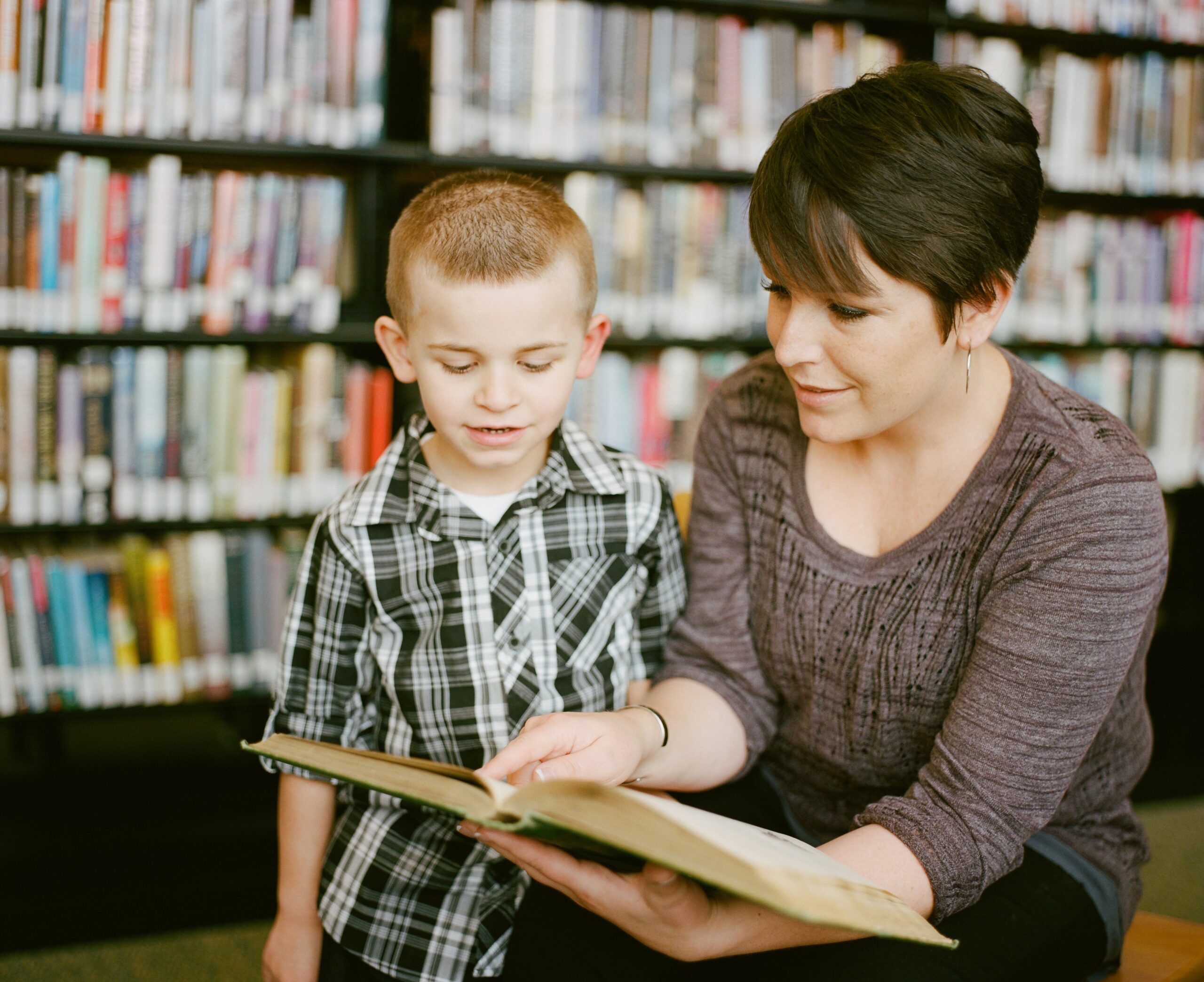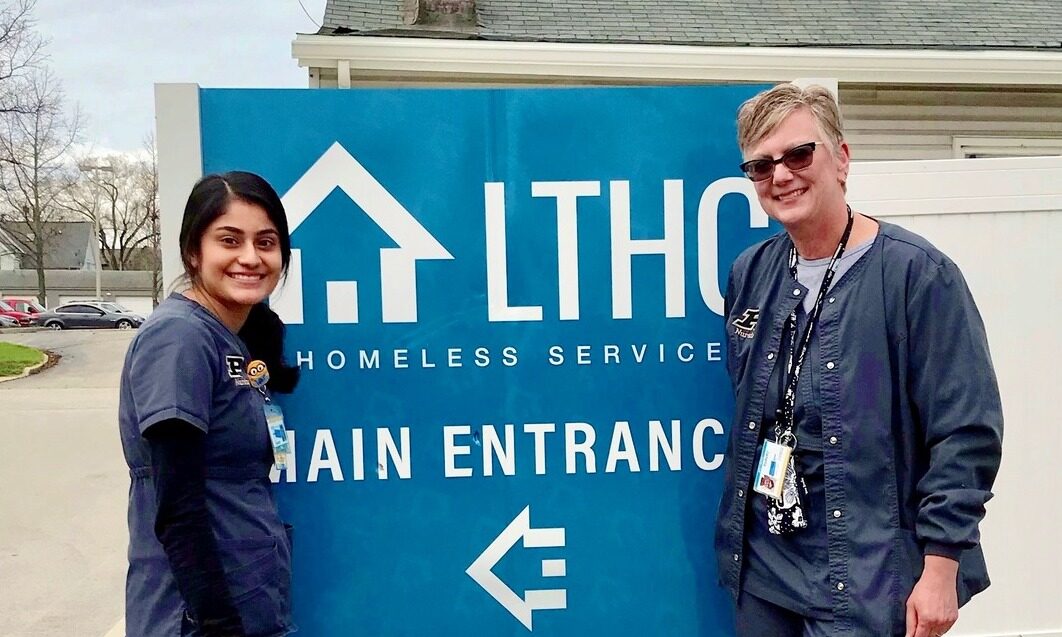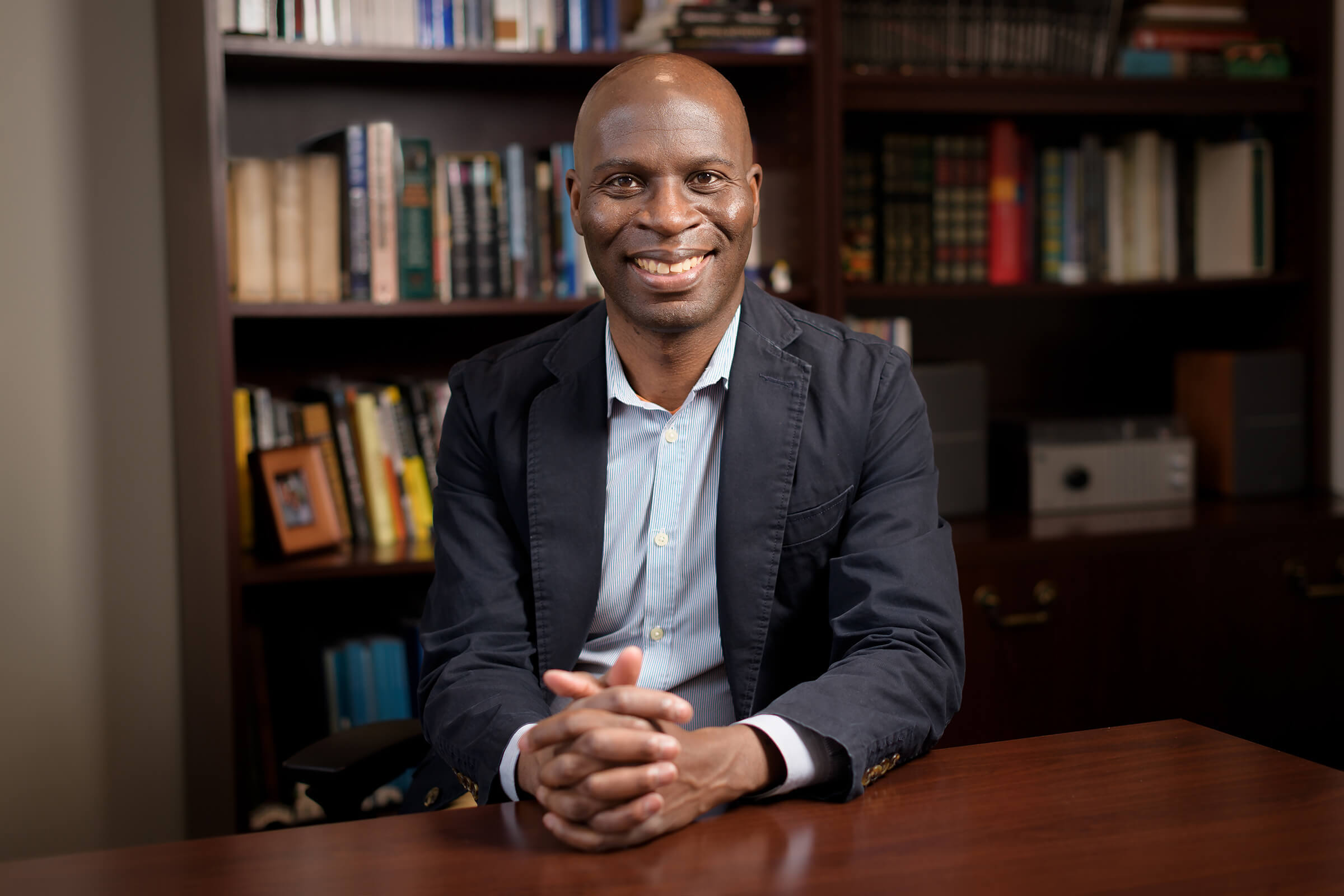service-learning
teach a course


Syllabus Template

Learning Contract Template

Partnership Toolkit

Assessment Toolkit

Student Journal

Student Grants
Designing Service-Learning Courses: Mapping Your Curriculum
When designing a service-learning course, ensure that your course content and service-learning experience reinforce one another by mapping out the following components of your curriculum:
Learning Outcomes and Objectives: Learning outcomes are course-level goals that are met through learning objectives, which scaffold student learning. Aim to have 3-5 measurable learning outcomes by combining an action verb appropriate for the course level (e.g., describe, demonstrate, design) with a learning statement. Connect your learning outcomes to the service-learning experience by focusing on the civic knowledge, skills, attitudes, and behaviors needed to make a difference in community quality of life.
Activities: Service-learning activities teach and invite demonstration of learning outcomes. They may take place in-person, online (i.e., E-Service-Learning), or both. Regardless, activities should be clear, laid out in a developmental sequence, interconnected, and at least some should require reflection. Most importantly, remember that community needs must come first and flexibility is essential.
Assessment: Assessments are used to measure student achievement of course learning outcomes, as well as evaluate service-learning partnerships. They allow students to check their own understanding; instructors to catch misconceptions and track change in student learning; and partners to share their perceptions of the experience, including evaluations of students’ performance and final products. Different types of assessments can be used including class discussions, journal entries, role-playing exercises, and digital storytelling, among others.
Critical Reflection: As a key component of service-learning pedagogy, critical reflection involves asking students to carefully consider their knowledge and beliefs in the context of course content, social issues, and their service-learning experiences. It bridges classroom content and service-learning activities to help students make meaning and avoid applying generalizations or simplistic solutions to community needs. Reflective activities may also function as assessments. Examples include class discussions or presentations, written essays, role-playing, or storytelling. For best practice, student reflection should occur continuously throughout the course in a low to high stakes manner.
service-learning fellows SPOTLIGHT

Janelle Tipton
Incorporating clinical care with community partners
Clinical Assistant Professor, Nursing
service-learning fellows SPOTLIGHT

Lindsay Hamm
Service-learning on the pillars of reflection, community, and hope
Assistant Teaching Professor, Sociology
service-learning fellows SPOTLIGHT

Jason Ware
Translating research to impact the human condition
Clinical Associate Professor, Honors
service-learning fellows SPOTLIGHT
